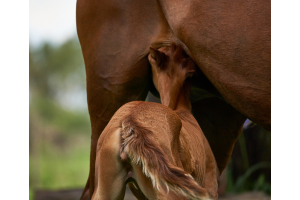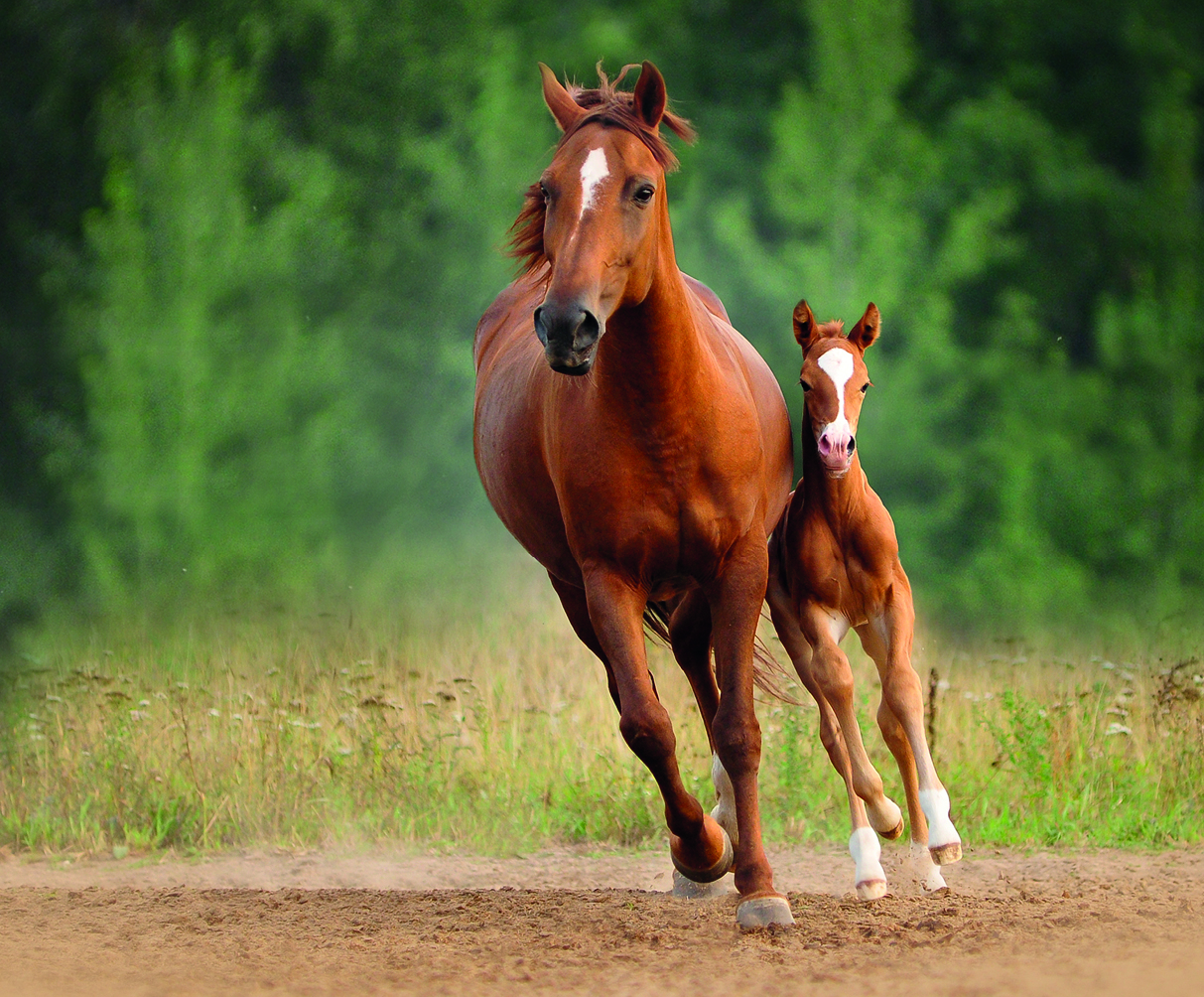
The start of the new year marks a special time: the beginning of the foaling season. For many mares, this is a period of pregnancy and parturition, requiring intensive care and guidance from you as an equine veterinarian. To support you during this critical phase, we are pleased to provide information over the coming months to help ensure the reproductive cycle proceeds as smoothly as possible.
This blogpost offers an introductory overview of potential medical challenges in pregnant mares and newborn foals. We briefly discuss possible solutions and tools we can provide, starting with the early phase when fertility issues may arise. We then address the pregnancy period, the birth process, and the first days of the foal’s life.
In the coming weeks, a series of blogs will delve deeper into medical challenges and corresponding treatment options.
Infertility in Mares
Fertility problems occur in approximately 15% of mares. In 70-80% of these cases, a subclinical uterine infection is the cause, often with Streptococcus zooepidemicus as the pathogen.
Innovative Approach with bActivate
To effectively address such infections, bActivate can be utilised. This bacterial growth medium reactivates latent bacteria in the endometrium, rendering them detectable. Once activated, targeted antibiotic treatment can eliminate the infection.
bActivate has been successfully tested at the Hagyard Equine Medical Institute in Kentucky[1]. The study demonstrated significant improvements in mares’ fertility when bActivate was integrated into standard reproductive protocols.
For further information, please visit our website.
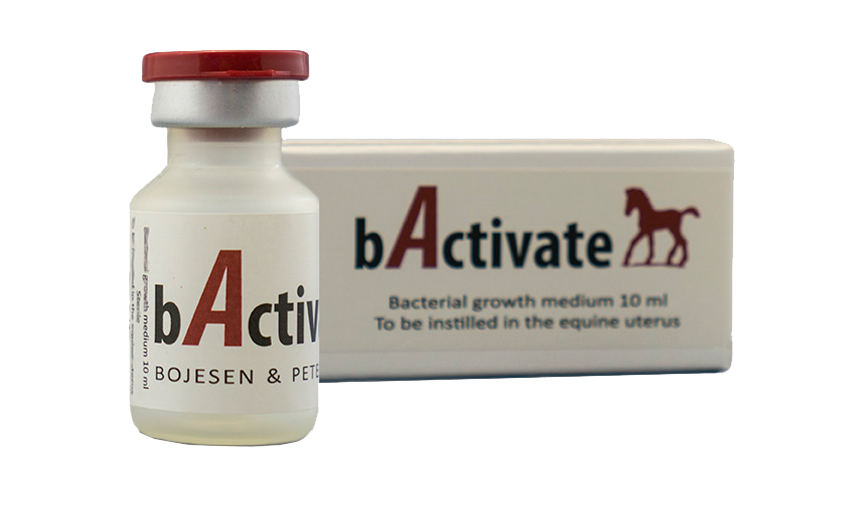

Optimal Nutrition During Pregnancy
A well-balanced diet is essential for the health of the pregnant mare and the development of the foal. For mares with increased nutritional needs, we offer Bonpard Mare&Foal, a feed specially formulated for mares struggling to maintain weight, lactating mares, and growing foals (up to one year old).
Key features of Bonpard Mare&Foal include:
- High in fats and fibres, with low starch and sugar content, reducing the risk of fermentation disorders (e.g., colic, loose stools) and promoting healthier colostrum and milk production for the foal.
- Supports high-quality colostrum and milk production.
- Rich in essential nutrients such as protein, copper, vitamin E, and selenium, with the correct amino acid balance to ensure proper bone, joint, and muscle development in the foal and healthy milk production in the mare.
Start feeding Bonpard Mare&Foal from the seventh month of pregnancy for optimal results. Visit our website for more information about Bonpard Mare&Foal.
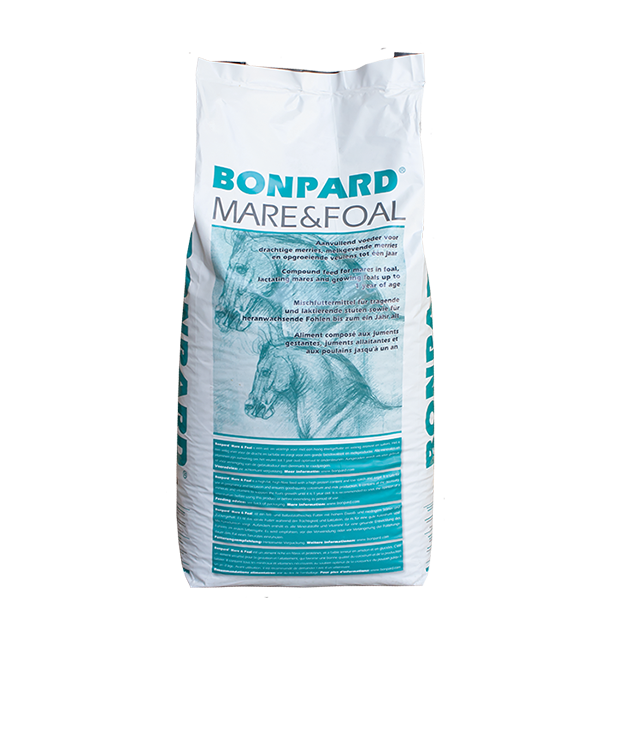

Support for Neonatal Complications
Colostrum and Passive Immunity Transfer
Adequate intake of immunoglobulins through colostrum is critical for the immunity of the newborn foal. Up to 25% of foals receive insufficient immunity due to low immunoglobulin (IgG) absorption. The VMRD Foal IgG-test reliably assesses passive immunity from 18 hours post-birth. More details about the VMRD Foal IgG Test can be found on our website.
If colostrum intake is inadequate, the following options are available:
- Administration of colostrum from the mare (deceased or surrogate).
- Supplementation with artificial colostrum (Bonpard Colostrum will soon be available in our product range).
- Intravenous administration of hyperimmune plasma (PlasmaLife®).
Milk Substitution
For orphaned foals, those unable or unwilling to nurse, or unwell foals, we offer Bonpard Equimel, a premium milk replacer that fully meets the natural needs of the foal. Its unique composition mimics natural mare’s milk, and the packaging includes a complete feeding schedule for ease of use.
Further information about Bonpard Equimel is available on our website.
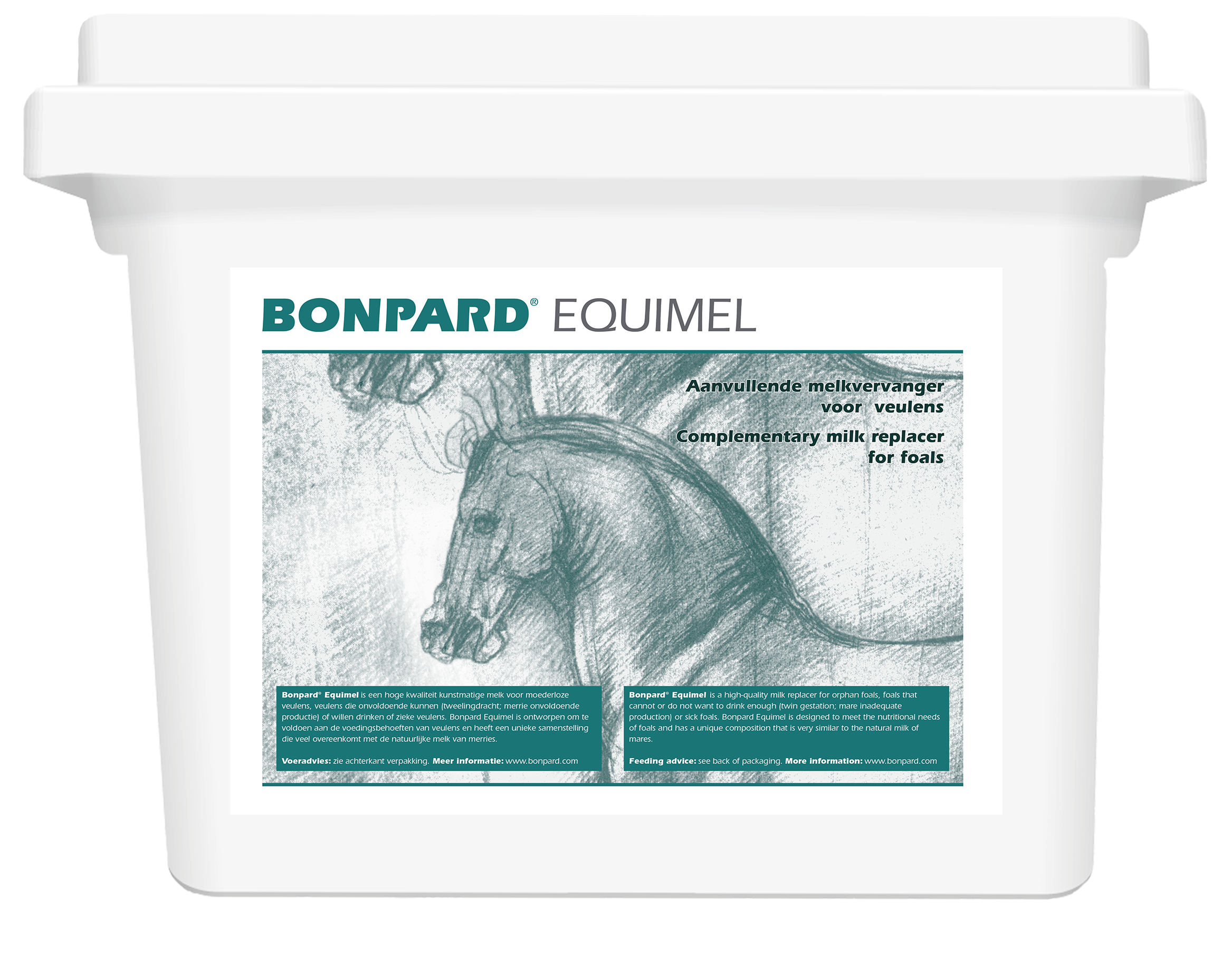

Gut Health and Diarrhoea Prevention in Foals
Intestinal issues such as diarrhoea are common challenges in foals. Factors include the natural development of gut flora, infectious pathogens, dietary changes, and/or sand ingestion.
In addition to specific therapies targeting the underlying cause, symptomatic treatments such as Bentovet+ Paste can be employed.
Bentovet+ paste supports the foal's intestinal health and provides:
Binding and neutralisation of toxins.
Restoration of fluid and electrolyte balance.
Nutrition for beneficial gut microbes.
The paste contains clay minerals, glucose, electrolytes, and prebiotics, and is easy to administer, even to young foals. More information about Bentovet+ paste can be found on our website.
Orthopaedic Support for Foals
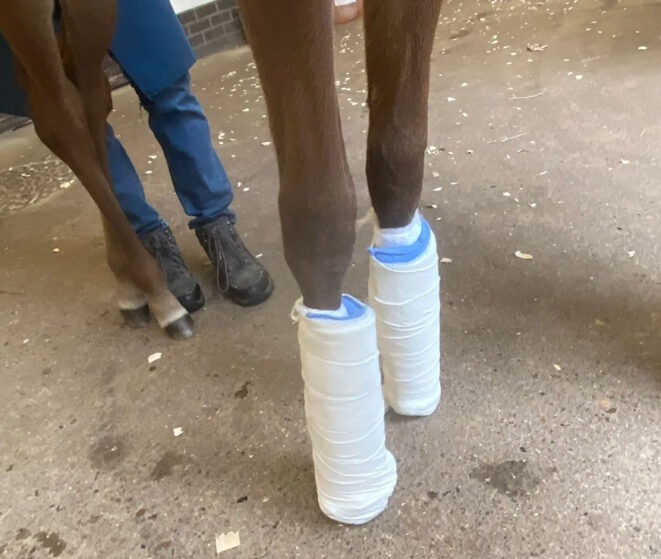

In cases of orthopaedic emergencies or congenital abnormalities, the Paniolo Leg Splint is available. It is suitable for emergencies, postoperative applications, and foals with abnormal limb positioning.
The Leg Splint comes in various sizes for foals and is easy to apply, remove, and reapply. It hardens within 10–20 minutes after application.
Visit our website for more information on the Paniolo Leg Splint.
Treatment of Bacterial Infections in Mares and Foals
When mares and foals venture outdoors in spring, the risk of tick bites increases. For infections caused by oxytetracycline-sensitive organisms in horses and foals, Oxtra DD can be administered. Oxtra DD is the only injectable oxytetracycline registered for horses in the Netherlands and Belgium, and it is also approved for intravenous use.
Visit our website for more information on Oxtra DD.
Further Information
We hope this blogpost has provided a valuable overview of our products and services. For more information or personalised advice, please contact us at info@grovet.com or visit our website.




